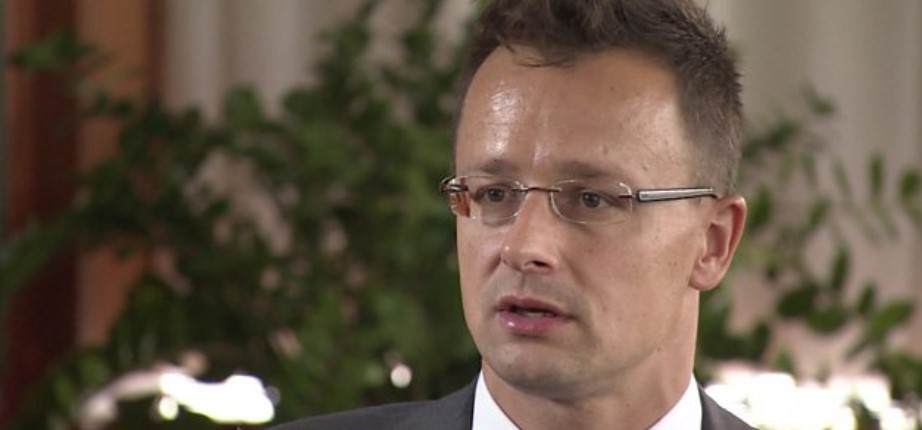Speaking to Euractiv‘s Croation edition, Szijjarto explained that mass immigration has spawned terrorist attacks. He recalled that “we have had a massive influx of illegal migrants in 2015, and since then there have been 33 terrorist attacks conducted on the EU territory. The attacks committed by people with a migrant background were responsible for 330 victims that have been killed since then”.
He warned that “there are 35 million people in our immediate neighbourhood ready to come to Europe very soon”. Because of that, Szijjarto said, the EU should primarily be focused on securing its borders.
The Foreign Minister also noted that the debate around the EU’s Spitzenkandidat system “has much deeper meaning, because it highlighted two basic approaches when it comes to the structure and the future of the EU.
One approach claims that the EU should be a supranational institution; the United States of Europe, with strong Brussels and weak member states. The other states believe that the biggest power should be given to sovereign nations, thus, they perceive the EU as the integration of sovereign countries”.
He pointed out that the European People’s Party (EPP), the largest party in the European Parliament since 1999, in the European Council since 2002 as well as in the current European Commission, should abandon its leftist course: “It is not a secret that we would rather see the EPP opening more to the right than to the left, but everything will be decided soon. The EPP has to start representing Christian democracy again, and the key issue for us, the one that will eventually decide our future, might be migration policy.” Relations between Hungary’s ruling Fidesz party and the EPP have been strained.
The EPP includes major parties such as the CDU/CSU of Germany, The Republicans of France, CD&V of Belgium, KDU-ČSL of the Czech Republic, Fine Gael of Ireland, New Democracy of Greece, Forza Italia of Italy, the People’s Party (PP) of Spain, the Social Democratic Party of Portugal, the Civic Platform of Poland but also Fidesz of Hungary.
German Chancellor Angela Merkel will soon be meeting Hungarian Prime Minister Viktor Orban for the 30th anniversary of the Pan-European Picnic, one of a series of events leading to the dismantling of the Iron Curtain and the fall of communism.
The prime minister’s press chief Bertalan Havasi, told MTI on Wednesday that Merkel and Orban will attend an ecumenical service in the Lutheran Church in Sopron’s historical centre on August 19. Both leaders will address the event, Havasi said.
The Pan-European Picnic was held on August 19, 1989, on the Austrian-Hungarian border, near the town of Sopron, as a demonstration of peaceful coexistence of Austria and Hungary. The nearby border crossing was opened for three hours, allowing nearly 1 000 East Germans to flee for the West.
The picnic was one of the events contributing to the opening of the borders and the reunification of Germany.













No comments.
By submitting a comment you grant Free West Media a perpetual license to reproduce your words and name/web site in attribution. Inappropriate and irrelevant comments will be removed at an admin’s discretion. Your email is used for verification purposes only, it will never be shared.